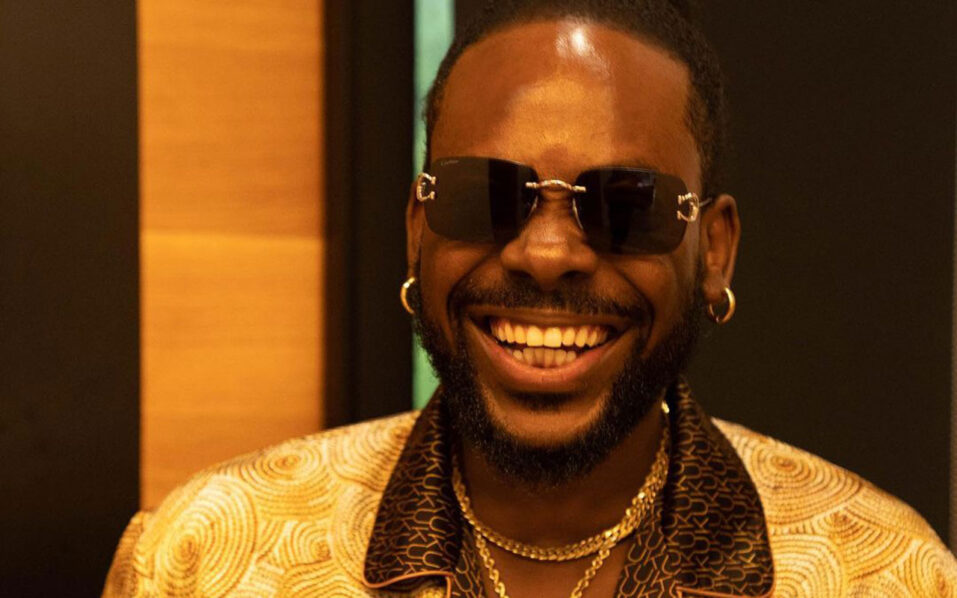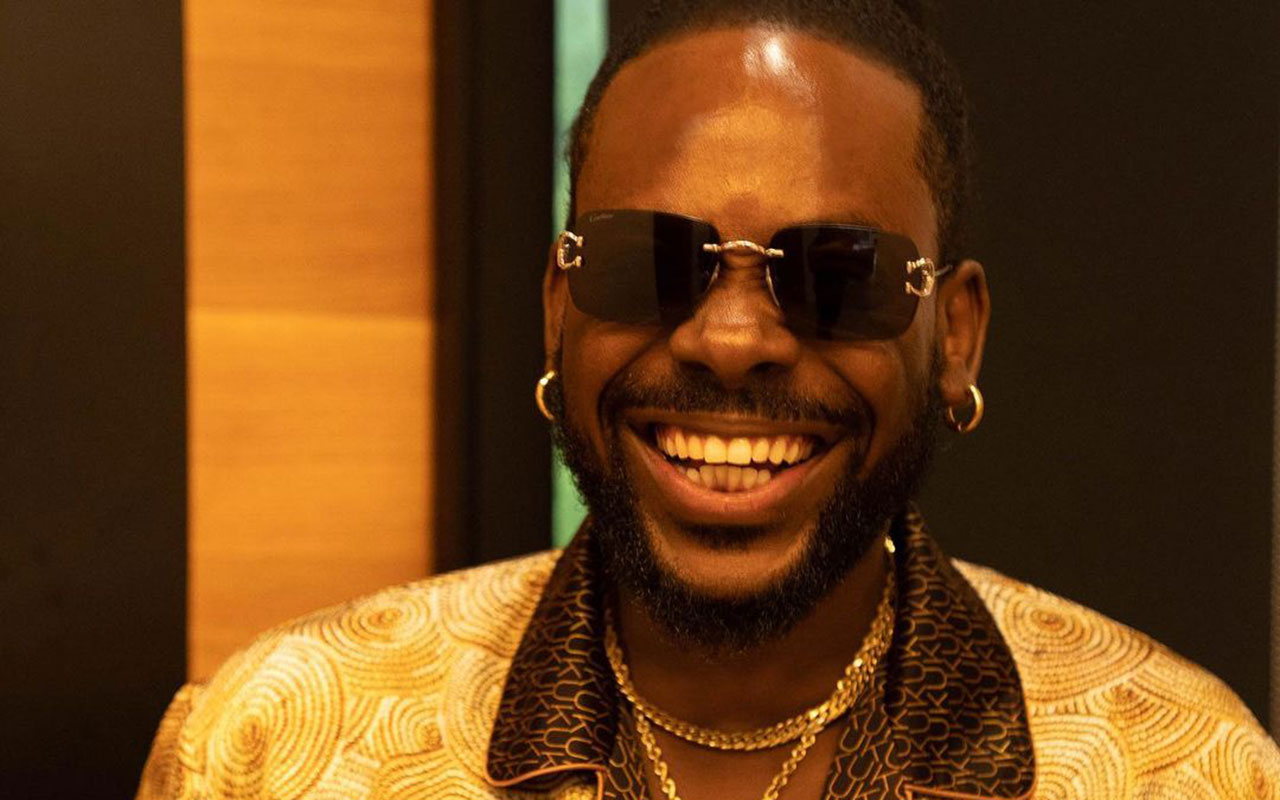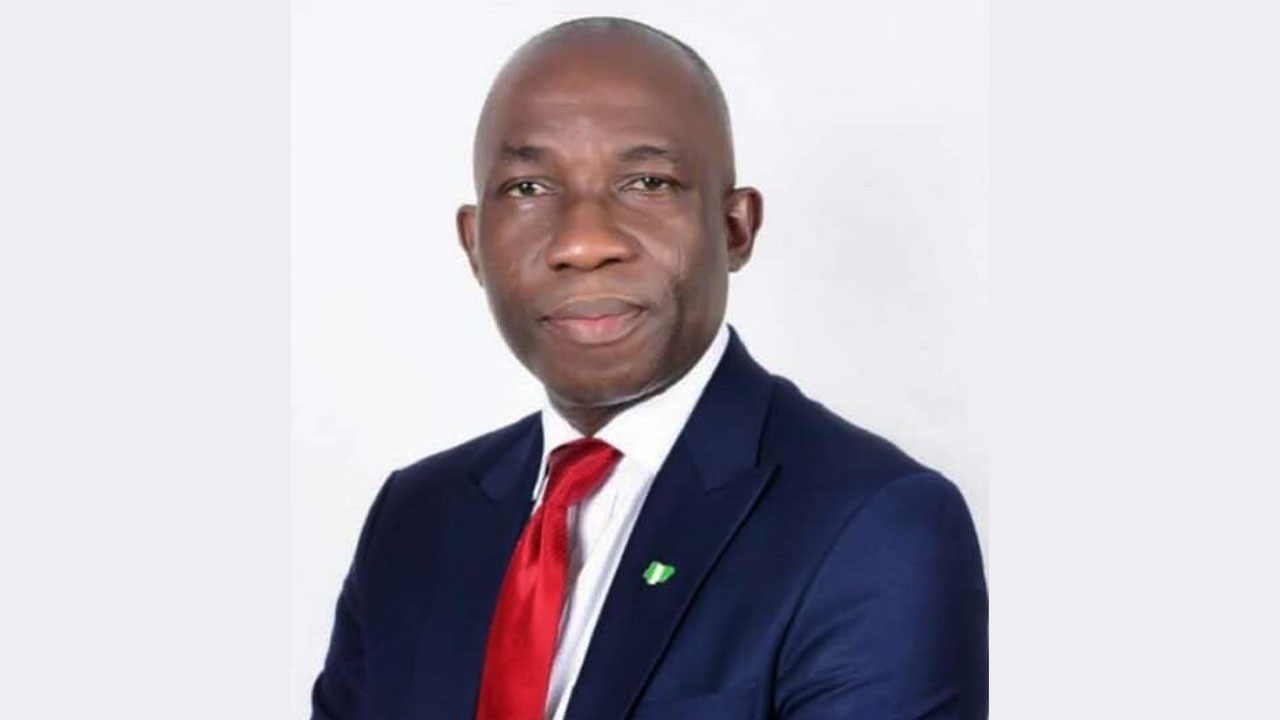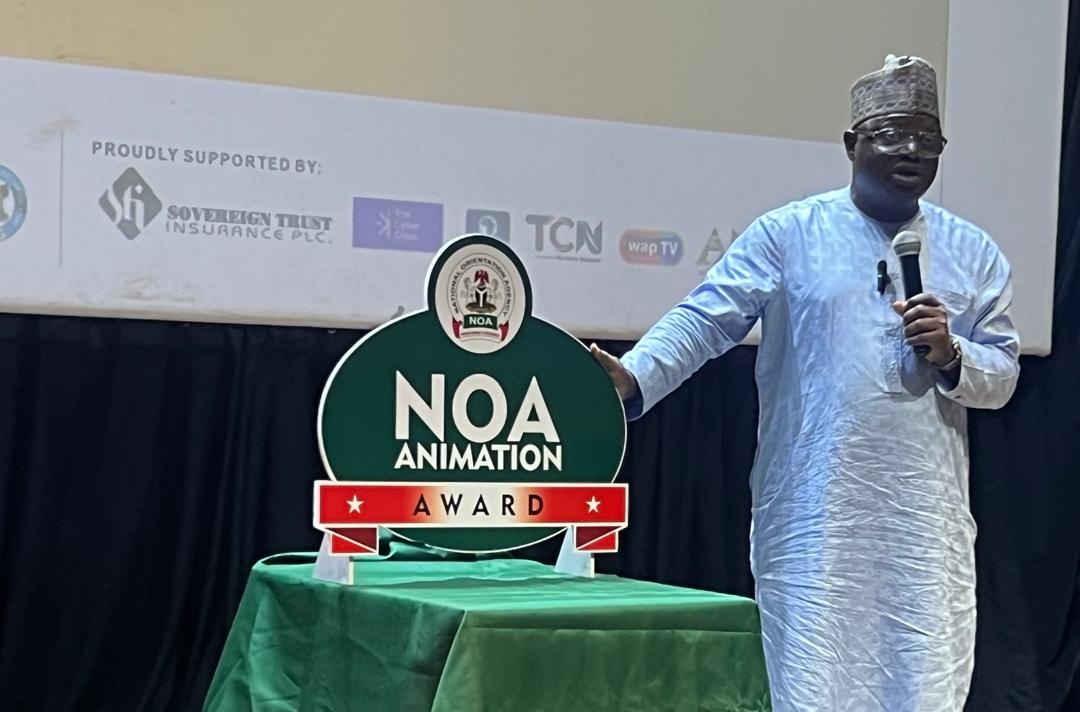
The Nigerian music industry and indeed the world have no doubt witnessed a seismic shift in recent years, driven by rapid advancements in technology and a democratisation of the distribution process. These changes have leveled the playing field, providing established artistes and emerging acts with unprecedented opportunities to produce, distribute, and monetize their musical works.
At the forefront of this revolution are digital audio workstations (DAWs), which have made music production more accessible and affordable. Software like Ableton Live, FL Studio and Logic Pro X has enabled artistes to create high-quality music from the comfort of their own homes, eliminating the need for expensive studios and equipment.
Similarly, the rise of streaming platforms like Spotify, Apple Music, and SoundCloud, has also transformed the way music is consumed and distributed. They have democratized access to music, allowing artistes to reach a global audience without the need for traditional record labels.
Furthermore, the proliferation of social media and online platforms like TikTok, Instagram, and Facebook has enabled artistes to build their own brands and communities, bypassing traditional industry gatekeepers. This shift has given artistes more control over their careers and creative output.
But back in the days, things were different. Musicians needed validation from label executives before being thrust in front of an audience. Thus, breaking into the industry was challenging, especially for artiste like Adekunle Kosoko better known as Adekunle Gold or AG Baby, an alternative artiste who blends various elements of music from neo-soul to folk, Afro-juju to highlife with Afropop.
Recently, singer Adekunle Kosoko, known professionally as Adekunle Gold or AG Baby’s hit song, Sade, reached a milestone, celebrating 10 years since its release in December 2014. The soulful tune was more than just a debut single – it marked the beginning of his remarkable journey to stardom.
The story behind the song is fascinating as it was inspired by One Direction’s Story of My Life. According to him, it all started one evening when he was cruising in his green Honda baby boy, listening to the radio on his way home from work and Story of My Life played; he couldn’t help but be struck by its beauty.
“I was in traffic sometime in May 2013, returning from work. I heard One Direction’s Story of My Life for the first time. I thought it was beautiful; I thought it was a good melody and idea. So, I pulled out my phone, recorded the melody, and left it there,” the music superstar recalls.
“There was an interlude where I just started freestyling (the hook to Sade); I didn’t think much of it. I finished the song in November 2014, and then went to Olaitan Dada to make the song, and he added talking drums to it. I thought it was brilliant,” he adds.
Adekunle Gold’s music has always been about sincerity, and Sade is a testament to that. As he looks back on his journey, he’s grateful for the support of his fans. “I just make music about myself or about a story that somebody told me. I think it’s the sincerity that works for me.”
As the singer who is also referred to as the Afrobeats Prince reflects on a decade of success, with hit singles like Rodo, The Life I Chose, and albums like Gold, Tequila Ever After, he takes pride in how far he’s come and how far his music has taken him.
“I can finally play my own song. Thank you for all the years you have and will keep supporting me,” he says. His long but rewarding journey into the industry was necessary. It paved the way for alternative music to thrive and for artistes to break the mold while crafting identities that people come to root for.
Sade success at the highly contested 2015 Headies, where it won Best Alternative Song, further proved its importance to the industry and what can happen when artistes follow their instincts.






